Noticia
UPS installed biodigesters in the "Yanuncay" Association of Agricultural Producers
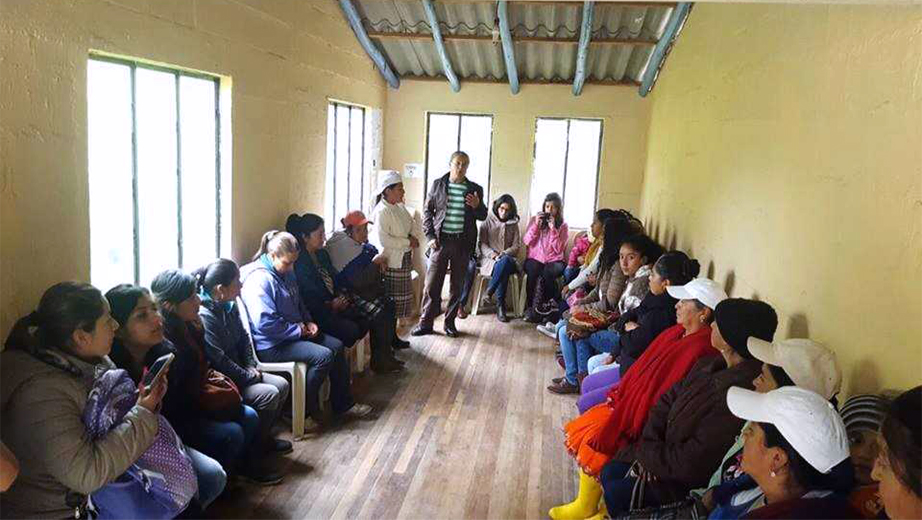
Universidad Politecnica Salesiana, aware of the fact that university education does not only encompass the academic field but also community involvement, implemented 20 biodigesters for the "Yanuncay" Association of Agricultural Producers (APAY).
20 students who study Natural Resources Biotechnology made and installed the biodigesters which will enhance the agricultural sector and the community of San Joaquin, in Cuenca.
The waste generated by farm animals has high potential to be used as organic fertilizer, as long as anaerobic biodigestion processes are carried out in order to improve the concentrations of their nutrients. Through the biodigesters, the pathogenic bacteria of the waste are eliminated, and the product resulting from the process, the biol, can be applied in vegetable crops, guaranteeing consumers' health, and making the product more competitive.
The producers of APAY, were trained on the use of the Biodigester and the necessary equipment to produce biol in their own cultivation garden, avoiding the acquisition of industrial fertilizers.
The project is the result of research carried out by the Biodiversity Research and Assessment Group (GIVABI for its acronym in Spanish- Grupo de Investigación y Valoración de la Biodiversidad (GIVABI) with the aim of contributing to the generation of knowledge and the solution of society's problems. The research was entirely financed by the University.
The researchers, Hernán Avilés, Myriam Mancheno, Inés Malo, and Jhison Romero, said the project enabled students to acquire technical skills in the use of Geographic Information Systems (GIS). To carry out the project, students had to learn to standardize an international scientific protocol in the elaboration of Bach-type biodigesters, and to deepen the bonds of cooperation with the vulnerable sectors of Azuay, through academic work and with the guidance of their professors
Contenidos Relacionados
Contenidos Relacionados
Noticias Relacionadas
Noticias Relacionadas

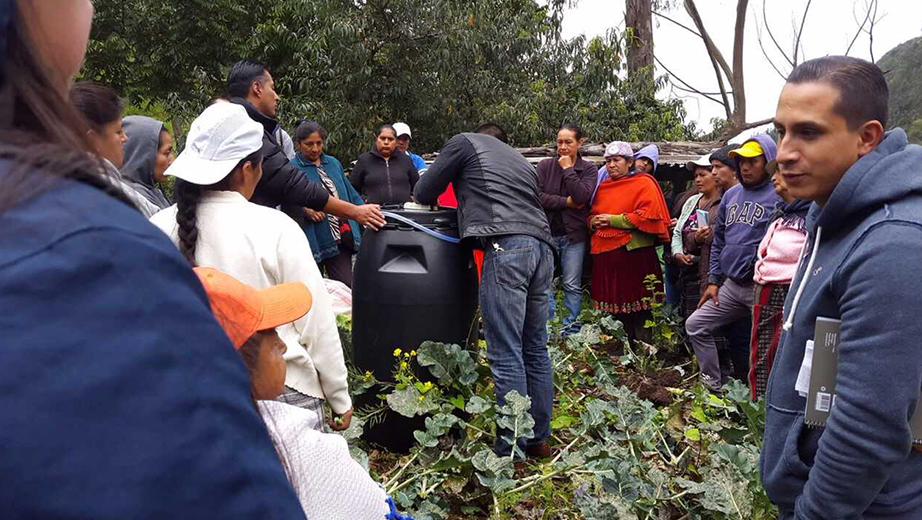
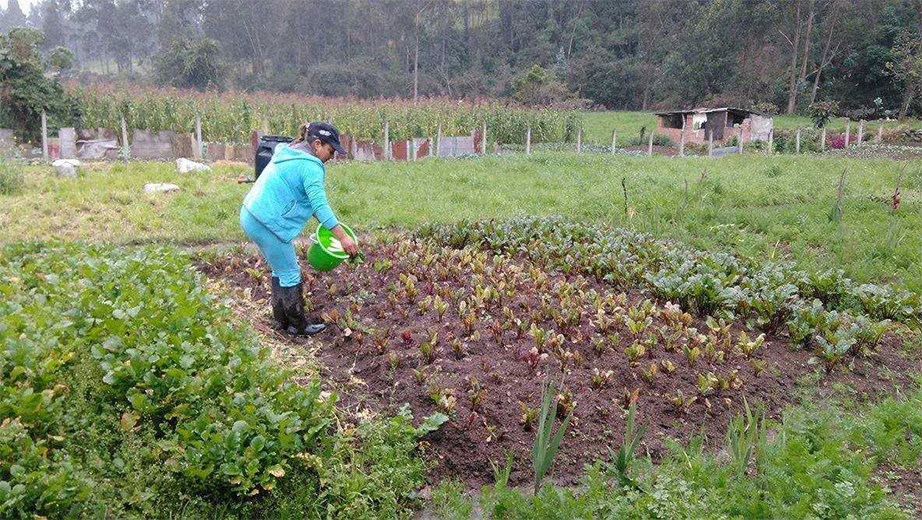
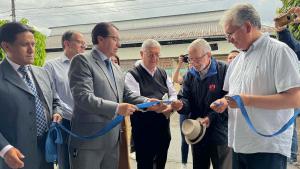
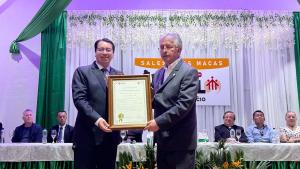
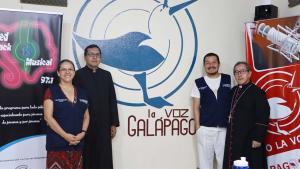
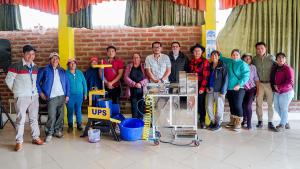
Follow us
Follow us